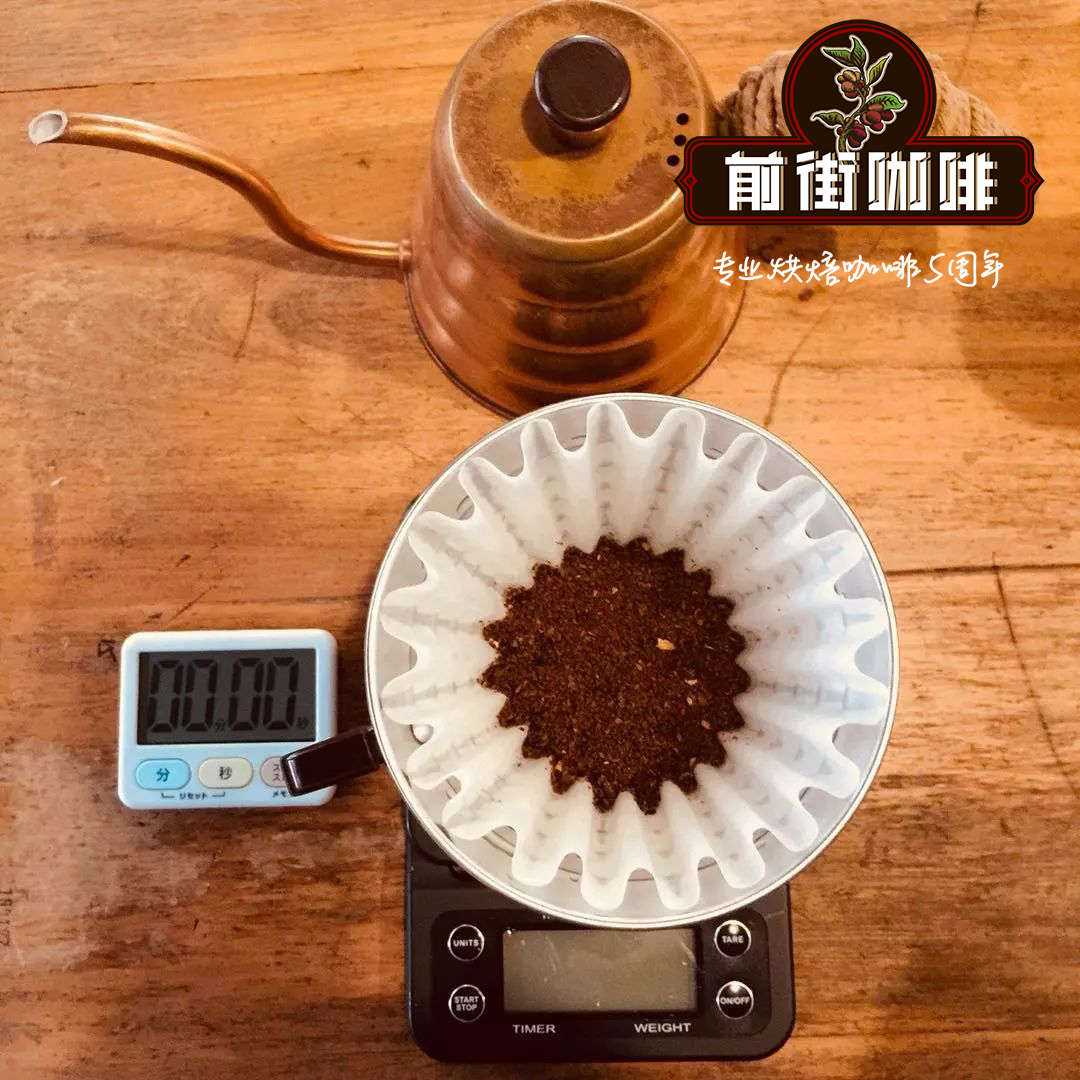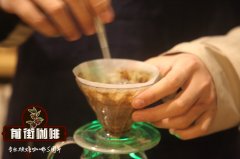Brazilian Santos coffee accounts for about 30% of the world's total production, which is neutral, slightly bitter and very weak in acidity.

Professional coffee knowledge exchange more coffee bean information please follow the coffee workshop (Wechat official account cafe_style)
Brazilian Santos coffee comes from South America. Brazil is the world's number one coffee producer, accounting for about 30% of the world's total production.
Variety
Almost all Santos coffee is produced in southeastern Brazil and is the best coffee in Brazil. Raw bean granules can be found from medium to large, but without green, they are neutral coffee. Brazil's Vicky Gotti Manor comes from the finest of Brazil's top boutique coffee estate "Fazenda\" Vargem Grande\ ". It has a medium consistency, with drupes, Indian spices, and a supple taste!
Brazil Santos Brazil santos coffee bean Coffee Raw beans
Although Brazil produces 30 to 35% of the world's coffee annually, ranking first in the world, none of the Brazilian beans can be called the top coffee.
The mountains are covered with coffee trees in southern Brazil, but Santos is the only one that can be put on the table; most of the other hastily processed beans are used to make instant coffee and easy-to-open coffee. Santos coffee grows in the area of Sao Paulo and is a descendant of Arabica trees from Island of Bourbon (present-day French island of Reunion, in the Indian Ocean east of Madagascar) in the 18th century. It belongs to var. Bourbon). Before the age of three to four, Bubang coffee trees bear small, twisted beans called "Bubon Santos", the most advanced Brazilian beans, often referred to directly as "Brazil" in cafes.
Santos coffee is characterized by its neutral taste, slightly bitter taste and weak acidity, can be matched with any kind of coffee beans, and has the characteristics of combining all kinds of coffee flavors. Santos coffee is an indispensable kind of coffee. Santos coffee is also compiled into a number 2-5 according to the number of bad beans per 500 grams.
Important Notice :
前街咖啡 FrontStreet Coffee has moved to new addredd:
FrontStreet Coffee Address: 315,Donghua East Road,GuangZhou
Tel:020 38364473
- Prev

Characteristics of Costa Rican Lomas al Rio washing treatment Plant Costa Rican Coffee treatment
Professional coffee knowledge exchange more coffee bean information please pay attention to the coffee workshop (Wechat official account cafe_style) Costa Rican coffee is the most stable quality of Central American coffee, the most important is that the coffee grows in the complete shade of big trees and cool rainy night and the morning and evening temperature difference in the natural environment, coupled with rich soil and stable progress of the middle and rear treatment to Costa Rica
- Next

Overall flavor of Brazilian Santos coffee beans
Professional coffee knowledge exchange more coffee bean information please follow the coffee workshop (Wechat official account cafe_style) Brazil Santos (Brazil Santos Coffee) [quality rating]: No.2 [roasting] recommended roasting degree moderate to deep roasting (Medium Roast to City Roast) [grade] good [granule] ★★★ is fuller, 18-19 mesh [acidity] ★★
Related
- Detailed explanation of Jadeite planting Land in Panamanian Jadeite Manor introduction to the grading system of Jadeite competitive bidding, Red bid, Green bid and Rose Summer
- Story of Coffee planting in Brenka region of Costa Rica Stonehenge Manor anaerobic heavy honey treatment of flavor mouth
- What's on the barrel of Blue Mountain Coffee beans?
- Can American coffee also pull flowers? How to use hot American style to pull out a good-looking pattern?
- Can you make a cold extract with coffee beans? What is the right proportion for cold-extracted coffee formula?
- Indonesian PWN Gold Mandrine Coffee Origin Features Flavor How to Chong? Mandolin coffee is American.
- A brief introduction to the flavor characteristics of Brazilian yellow bourbon coffee beans
- What is the effect of different water quality on the flavor of cold-extracted coffee? What kind of water is best for brewing coffee?
- Why do you think of Rose Summer whenever you mention Panamanian coffee?
- Introduction to the characteristics of authentic blue mountain coffee bean producing areas? What is the CIB Coffee Authority in Jamaica?

